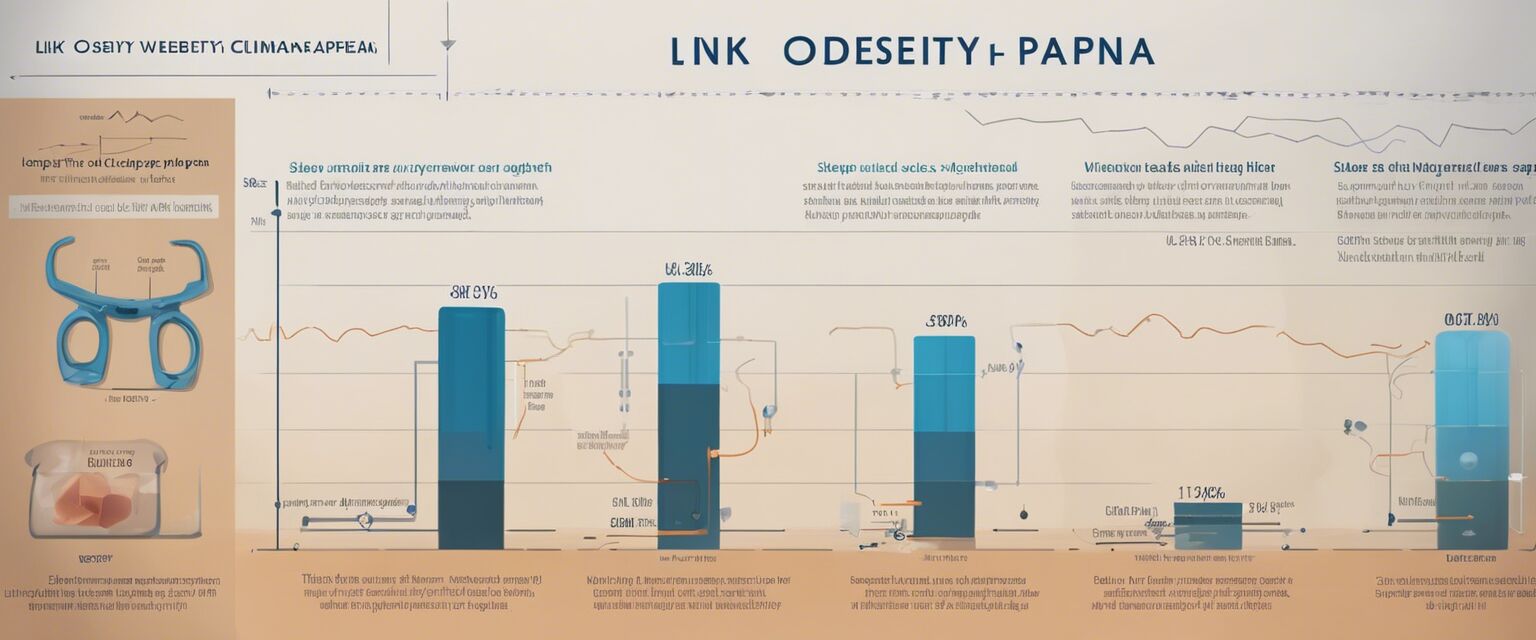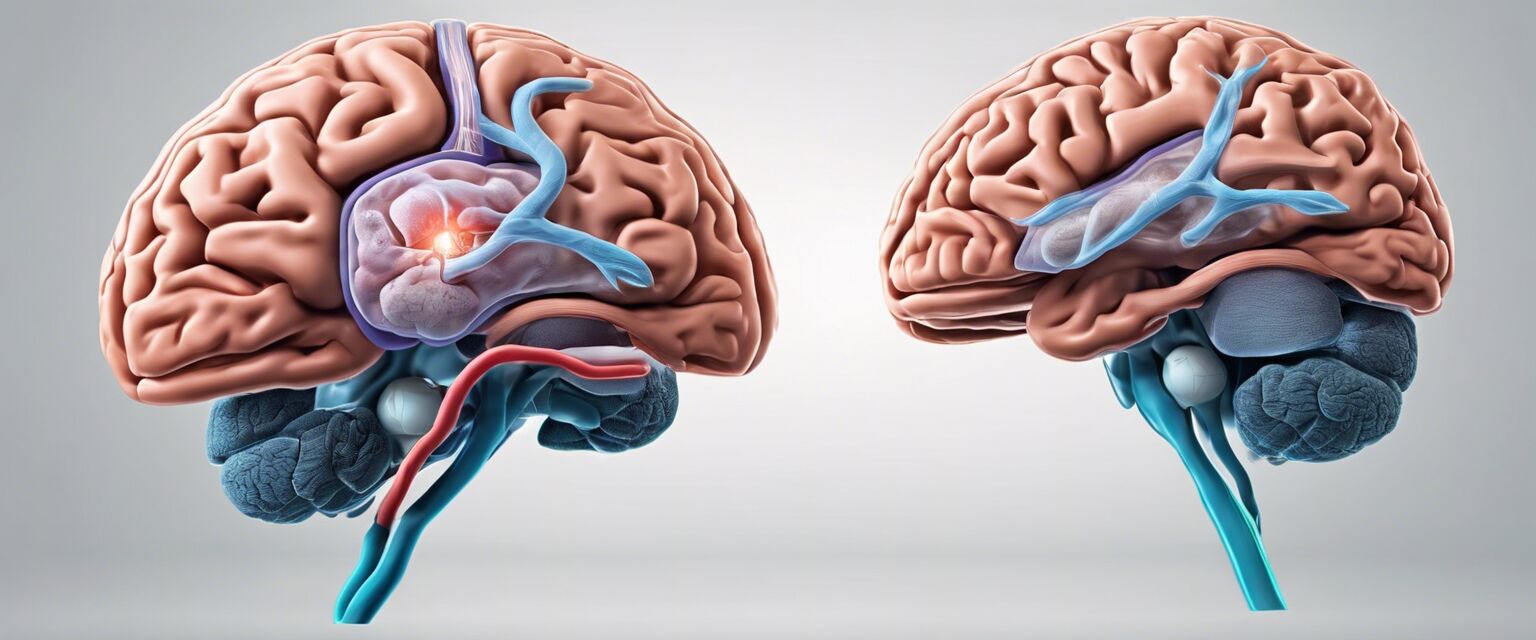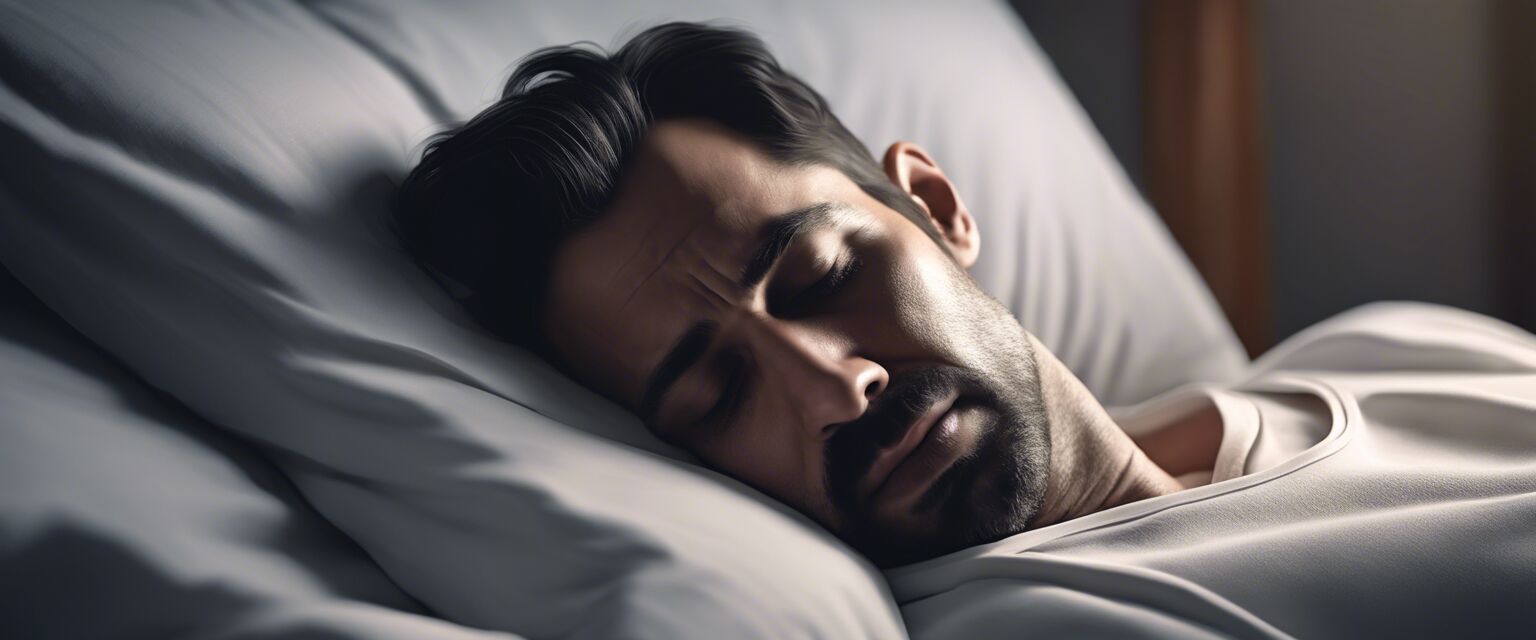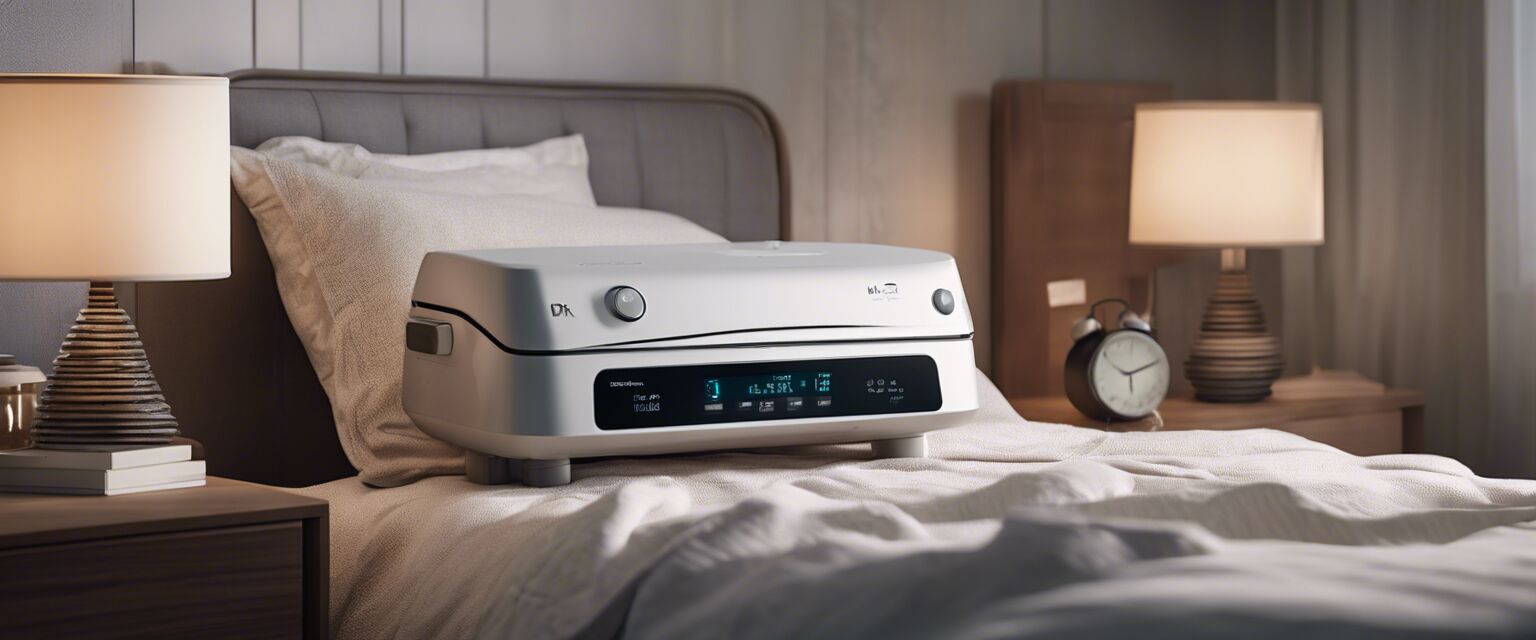
Causes of Sleep Apnea
Key Takeaways
- Sleep apnea is often caused by physical obstructions, neurological factors, or lifestyle choices.
- Weight, age, gender, and anatomy significantly impact the likelihood of developing sleep apnea.
- Understanding these factors can help in managing and preventing sleep apnea effectively.
Sleep apnea is a serious condition that affects millions of people, characterized by repeated interruptions in breathing during sleep. Understanding the causes of sleep apnea is essential for prevention and management. This article will explore various factors that contribute to the development of sleep apnea and provide insights into how to address these issues.
Understanding Sleep Apnea
Before diving into the causes, itâs crucial to understand the two main types of sleep apnea:
- Obstructive Sleep Apnea (OSA): This is the most common form, occurring when the muscles at the back of your throat relax excessively, leading to a blockage of the upper airway.
- Central Sleep Apnea (CSA): This is less common and occurs when the brain fails to send the proper signals to the muscles that control breathing.
Major Causes of Sleep Apnea
| Cause | Description |
|---|---|
| Obesity | Excess body weight can contribute to fat deposits around the neck, leading to airway obstruction. |
| Age | As people age, muscle tone decreases, which can lead to a higher risk of airway blockage. |
| Gender | Men are at a higher risk than women; hormonal differences can influence the likelihood of OSA. |
| Anatomy | Variations such as a thick neck, enlarged tonsils, or a small airway can predispose individuals to sleep apnea. |
| Family History | A family history of sleep apnea may indicate a genetic predisposition to the disorder. |
Obesity and Sleep Apnea
Obesity is one of the primary contributors to sleep apnea. The excess fat around the neck area can block the airway, making it difficult to breathe during sleep. Research shows that losing even a small amount of weight can significantly improve symptoms. It's beneficial to maintain a healthy lifestyle through regular exercise and a balanced diet.
Age Factors
As individuals age, the risk of sleep apnea increases. This can be attributed to natural changes in the body, such as decreased muscle tone, which may cause airways to collapse more easily. Older adults should be aware of the symptoms of sleep apnea and seek evaluation if necessary.

Lifestyle Influences
| Lifestyle Factor | Impact on Sleep Apnea |
|---|---|
| Smoking | Increases inflammation and fluid retention in the airway, exacerbating sleep apnea. |
| Alcohol Consumption | Can relax throat muscles, leading to increased apnea episodes during sleep. |
| Sedatives | Usage can increase the chance of airway obstruction during sleep. |
Health Conditions Related to Sleep Apnea
Several medical conditions can increase the likelihood of developing sleep apnea. These include:
- Heart disease
- Diabetes
- Hypertension
- Chronic nasal congestion

Reducing Risk Factors
While some factors such as age and genetics cannot be changed, several lifestyle changes can help in managing sleep apnea risks:
- Maintain a healthy weight
- Avoid alcohol and sedatives before bedtime
- Quit smoking
- Practice good sleep hygiene
Consulting Professionals
Consulting with sleep specialists can provide personalized assessments and treatment options. Regular check-ups and evaluations are vital for those at risk.
Pros
- Identifying risk factors can lead to proactive management.
- Understanding causes can motivate lifestyle changes.
- Better awareness leads to improved sleep health.
Cons
- Changing lifestyle habits can be challenging.
- Not all causes are easily identifiable.
- Sleep apnea requires continuous management and monitoring.
Conclusion
Identifying the causes of sleep apnea is critical for effective management and prevention. By recognizing the risk factors and making appropriate lifestyle changes, one can reduce the impact of sleep apnea on their health. For further information on managing sleep apnea, explore our CPAP Machines and CPAP Masks and Accessories.
Beginnerâs Tips for Managing Sleep Apnea
- Measure your neck size; a larger neck can indicate a higher risk.
- Utilize sleep positioners to avoid sleeping on your back.
- Consider using humidifiers in your bedroom for improved air quality.
- Stay hydrated to reduce nasal congestion.








